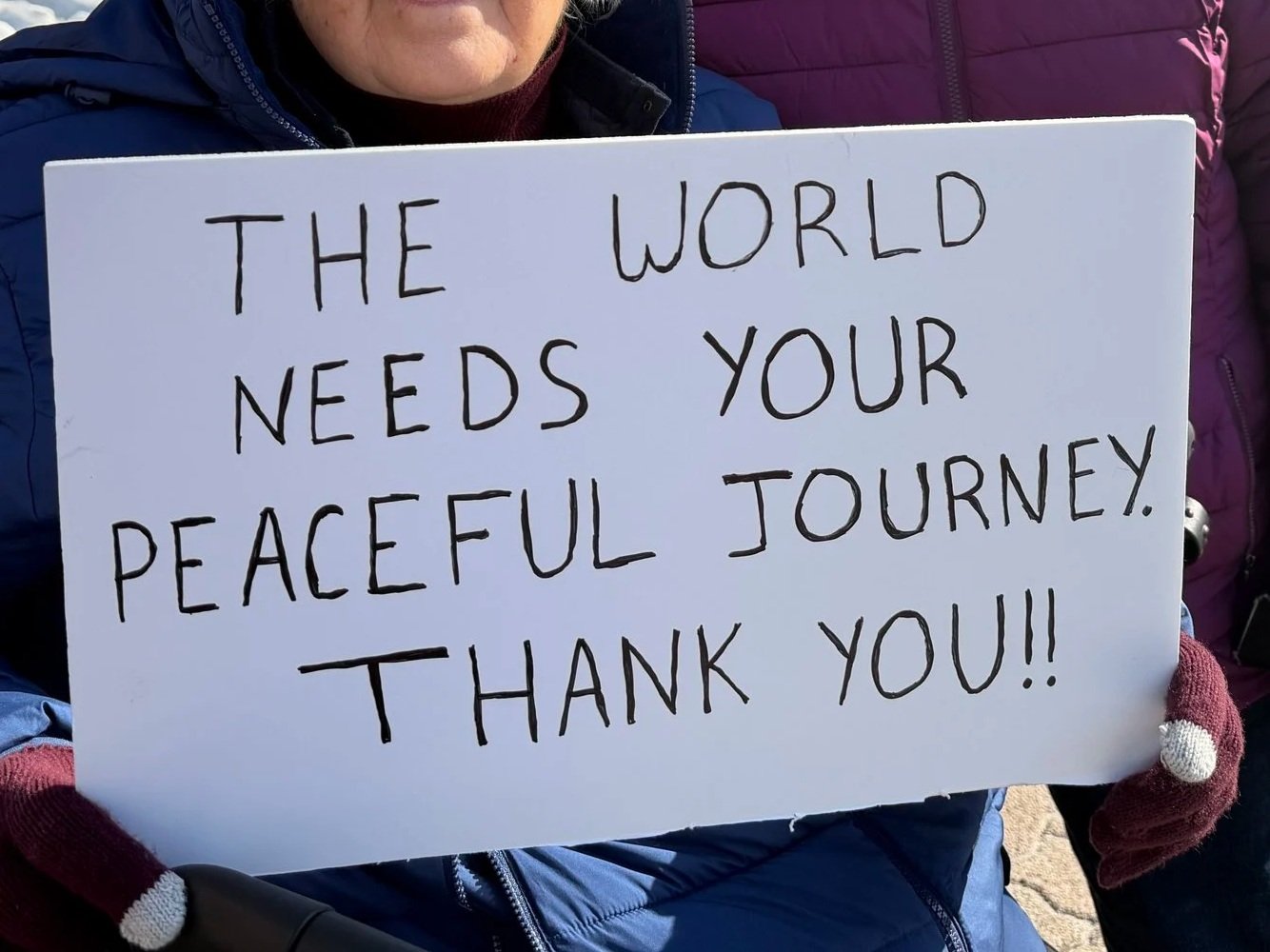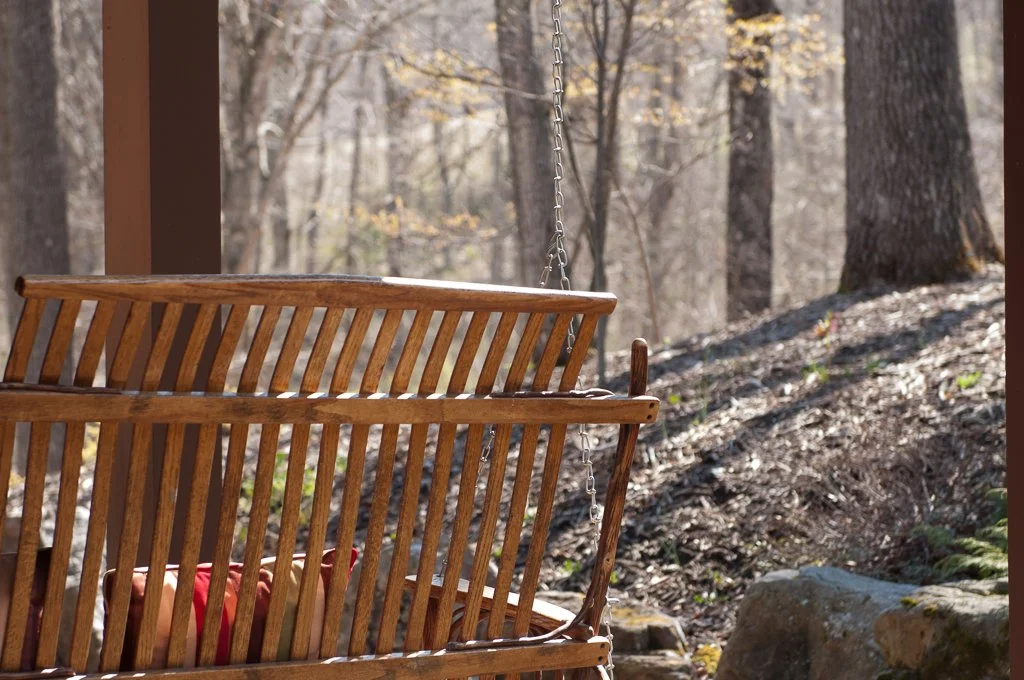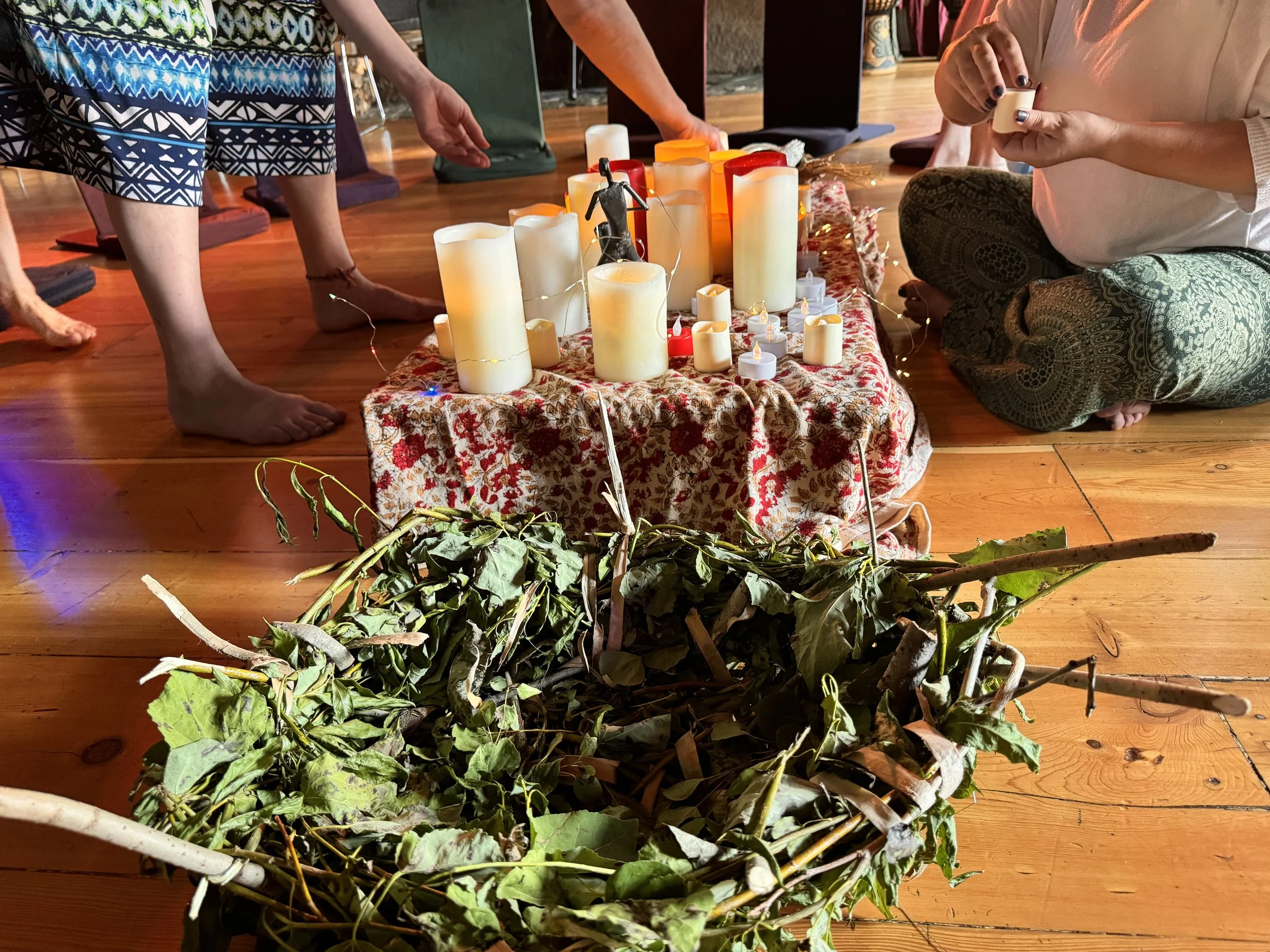Ten years ago, when a handful of us first floated the idea of “unplugging” as a retreat theme, it felt almost avant-garde. Psychologists and sociologists were waving red flags about screen time, and most of us suspected our nervous systems were quietly filing complaints.
Today? It’s obvious. Stillness and time offline isn’t a luxury; it’s essential maintenance.
Here’s a part I find fascinating: the instinct to unplug didn’t begin with the digital age. Humans have been wrestling with cultural, spiritual, and existential noise for millennia, and in every era, a certain kind of seeker stepped away to listen for something truer. They were the quiet rebels, scattered across continents and traditions, united by a shared refusal to let the world drown out the inner voice.
The Desert Fathers & Mothers:. These early Christian monastics fled into the Egyptian desert not out of drama but discernment. They wanted a version of faith unentangled from politics and noise. Their tools were simple: silence, simplicity, and a daily willingness to listen.
The Early Yogis: Ancient India’s yogis did their own kind of stepping-away. As described by scholars like Stephen Cope and Georg Feuerstein, they questioned caste roles, priestly control, and inherited truth. Breath, mantra, stillness. These were their experiments in direct experience.
The Jewish Contemplatives: Judaism’s contemplative stream is rich with its own rebels. Prophets wandered into the midbar (wilderness) to meet the Divine in the quiet. Mystics chanted, breathed, and visualized their way inward. Hasidic teachers danced, questioned, and insisted that joy and presence were legitimate spiritual technologies. The “still, small voice” in the Elijah story remains one of the world’s most elegant teachings on inner listening.
The Buddhist Forest Path: From the Buddha onward, Buddhist contemplatives retreated to forests and mountains to watch the mind with patient curiosity. Their approach was radical in its simplicity: sit, breathe, see clearly.
The Sufi Mystics: Sufis answered the world’s clamor with poetry, music, and ecstatic devotion. Their practice was a different kind of unplugging focused on melting distraction through love and wholeheartedness.
The Taoist Hermits: China’s Taoist sages sought clarity in mountains and rivers, trusting nature as the first and most reliable teacher. Quiet attention was their way of aligning with reality rather than resisting it.
A Shared Impulse
Different traditions, different languages, same longing: Step away from the noise long enough to remember who you are. Maybe that’s the real connective tissue between contemplative paths. Before “unplugging” was a health trend, it was simply what humans did when life got too loud.







